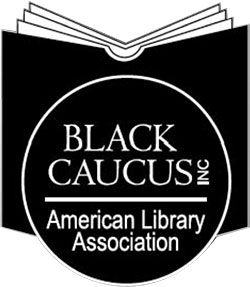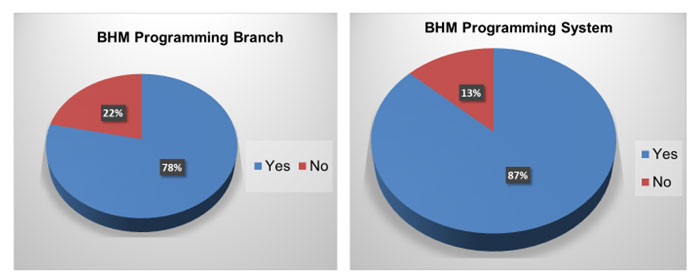February 18, 2022
By
Dr. Grace Jackson-Brown, Missouri State University and Co-Director of Project
Dr. Deborah Robinson, University of Michigan and Co-Director of Project

The Black Caucus of the American Library Association (BCALA) received a planning grant from the Institute of Museum and Library Services (IMLS) to explore the current state of Black History Month (BHM) programming offered at public libraries. While most public libraries across the U.S. conduct some program during BHM, there has never been a systematic study to assess the content, scope, target age groups, and focus of that programming.
The planning grant brought together partners from key American Library Association divisions and offices, the Association for the Study of African American Life and History (ASALH), the University of Michigan’s Program for Research on Black Americans (PRBA), and other experts in the field to explore and catalog current BHM programming.
Two key deliverables from the grant were a comprehensive literature review and a taxonomy of BHM programming. The literature review covered 95 years, encompassing programs during Negro History Week and Black History Month. While reviewing the literature for types of programming offered in public libraries and the social context of the libraries in communities, three substantive time periods emerged. The Early Years,1926 to the mid-1960s, was a period of segregation in American libraries. The Growth Years, the late 1960s – 1999, was a period of growth for both BHM and libraries. The 21st Century Outlook, the 2000s, was and is a period of conversations and debate about BHM.
The taxonomy of BHM programming was developed from an online survey of librarians: 279 people completed the survey, which included 164 librarians from local branch libraries and 115 from district or county system libraries. While the respondents were not chosen systematically, our findings are important because it was the first attempt to assess BHM programming in public libraries. The results should be considered preliminary until a representative national survey can be conducted.
The BHM taxonomy allows librarians to evaluate the kinds of BHM programming they offer and see if there is too much reliance on one type of programming. For librarians not doing BHM programming, it gives them a quick idea of what is possible.
An overview of the literature review and the taxonomy is available on our recently launched website, along with some key findings from the survey. For instance, while we thought virtually all public libraries held BHM programs, we found that 22 percent of the respondents from branch libraries and 13 percent of respondents from district or county system libraries did not conduct BHM programming.

The Association for the Study of African American Life and History (ASALH), originally founded by Dr. Carter G. Woodson in 1915 as the Association for the Study of Negro Life and History, designates the Black History Month theme each year. We asked librarians if they had heard about ASALH’s Black History Month theme. Unfortunately, 86 percent of the respondents at the local branch and 76% of the librarians at the district/system level said “No”. This points to the need for resources for librarians to use when developing BHM programming. These and other results can be found in the Key Findings section of the website.
Additional information is available on our website:
- A BHM and Public Libraries Timeline
- More information on the Literature Review
- The BHM Taxonomy
- BHM Resources
- More information about the grant, the National Advisory Committee, and project team
With an increasingly diverse U.S. population, and an expectation that the United States will become a “majority minority” country by 2044, libraries need to offer programming that recognizes and celebrates the accomplishments of their increasingly diverse patrons. Given the move to eliminate any teaching of racism or slavery in schools, and efforts to roll back voting rights in several states, it is very timely to offer quality programming that celebrates the contributions of African Americans.
The authors will be presenting at the Public Library Association Conference in Portland about this topic on March 25th at 10:15am. Together, they will explore what today’s libraries are (and aren’t) doing to support BHM, and strategies for libraries to improve or increase their offerings. Attendees will also learn about ASALH resources to support BHM programming.